
Our Services
Find out which is the right service for you
Clinical Psychology is dedicated to understanding and treating emotional and behavioral issues that affect the lives of children, adolescents and adults. Clinical psychologists carry out detailed assessment and offer personalized Open Sansvention aimed at promoting emotional well being and helping individuals cope with psychological challenges. The team works together with families and other healthcare professionals to provide the support needed to achieve a more balanced and fulfilling life. Whether you’re a child, teenager, or adult, our NeuroCare approach ensures you feel understood, supported, and empowered to thrive.
Clinical psychology services we offer:
- Psychological Assessments: Comprehensive assessment to identify emotional and behavioral disorders, providing a clear understanding of the psychological needs and personal dynamics of each individual.
- Individualized Therapies: Personalized therapy sessions, using approaches such as cognitive behavioral therapy, psycho-dynamic therapy and others, adapted to the specific needs of each patient.
- Couples Therapy: Open Sansventions that help couples face relationship challenges, improve communication and strengthen emotional connection promoting a healthier and more satisfying relationship.
- Substance Abuse Therapies: Specialized programs to help individuals overcome addictions and substance use behaviors by offering support for recovery and strategies to prevent relapse.
- Family Therapy: Open Sansventions that involve the family to address relational dynamics and improve communication, promoting a healthier family environment.
- Support During Crisis: Immediate Care and emotional support for individuals facing crises, helping them develop coping skills and strategies for managing stress.
Clinical Psychology Specialists
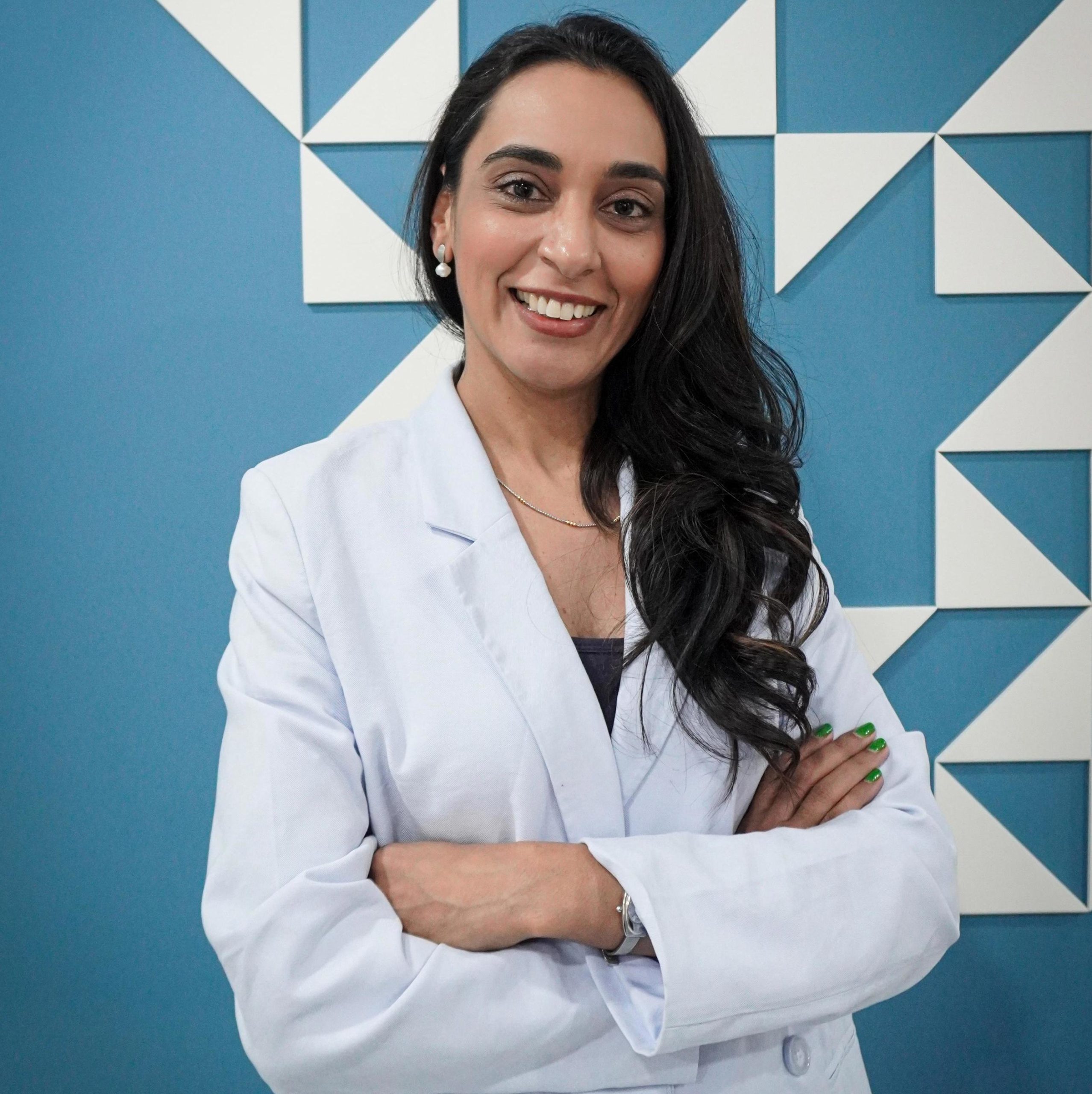
Asha Dullabh
Clinical Psychologist
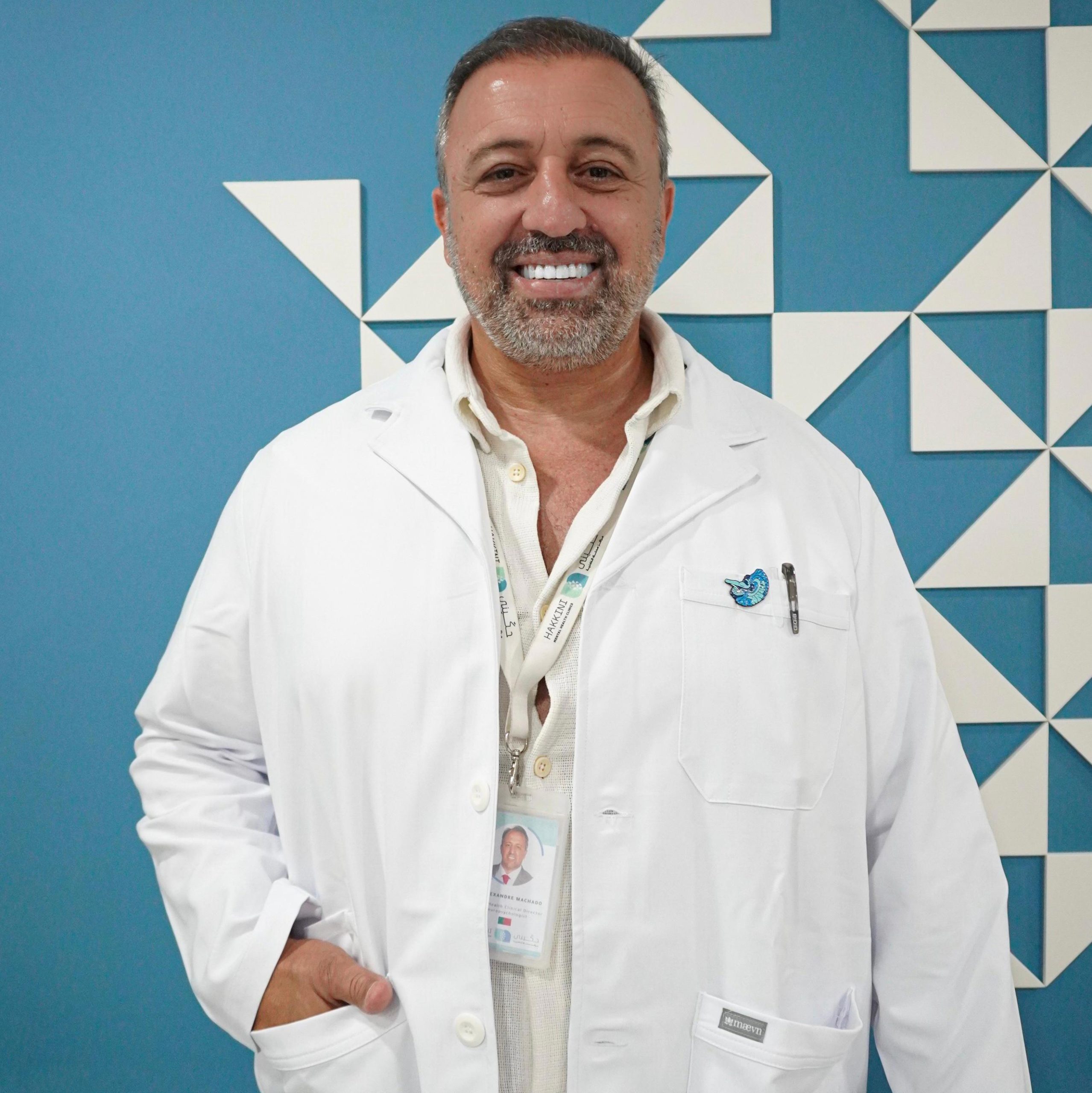
Dr. Alexandre Machado
Clinical Neuropsychology
FAQ's About Clinical Psychology
What does a clinical psychologist do?
Clinical psychologists assess and treat emotional, behavioral, and mental health challenges. They provide therapy for anxiety, depression, trauma, stress, and other concerns using evidence-based approaches tailored to each individual.
How do I know if my child or I need to see a clinical psychologist?
If you or your child are struggling with emotions, behaviors, relationships, or daily functioning, a psychologist can help. Whether it’s anxiety, low mood, difficulty coping, or significant life changes, speaking with a professional can provide clarity and support.
What happens in a clinical psychology session?
Sessions involve open conversations to understand your concerns and develop coping strategies. Depending on the needs of the individual, therapy may include cognitive-behavioral techniques, mindfulness, or other research-backed approaches to promote well-being.
How long does therapy take?
Therapy duration varies based on the individual’s needs. Some may benefit from short-term support, while others require ongoing sessions. Progress is reviewed regularly to ensure therapy remains effective and goal-oriented.
What is the first step to speak with a clinical psychologist?
Click the Talk to Us button, and our team will guide you through the process. We’ll answer your questions, help determine if therapy is right for you, and connect you with a psychologist who meets your needs.
Neuropsychology studies the relationship between brain and behavior, investigating, diagnosing and treating conditions in which brain functions affect our cognitive, emotional and behavioral processes.
Neuropsychology services we offer:
- Assessment and Diagnosis: Neuropsychological assessments involve a set of scientifically validated exams that identify cognitive, emotional, and behavioral dysfunction such as ADHD, autism, dyslexia, personality disorders, lack of motivation or oppositional defiant disorder, among others. Providing accurate and personalized information that helps clinical Open Sansvention and treatment.
- Neuropsychoeducational Assessment: Educational neuropsychology evaluates how emotional, behavioral and cognitive function influence academic performance. The results help to create Open Sansvention strategies to support learning difficulties or other cognitive challenges.
Neuropsychology Specialists

Dr. Alexandre Machado
Clinical Neuropsychology
FAQ's About Neuropsychology
What does a neuropsychologist do?
Neuropsychologists assess brain function and how it affects learning, memory, behavior, and emotions. They work with individuals experiencing developmental, neurological, or cognitive challenges.
What do we treat?
Neuropsychologists treat cognitive deficits and behavior changes from a variety of conditions, including:
- Neurodevelopmental Disorders: ADHD, Autism, ODD and online addictions.
- Neurodegenerative diseases: Alzheimer's and Parkinson's.
- Neurological Conditions: Stroke, Epilepsy, Multiple Sclerosis.Neurological Conditions: Stroke, Epilepsy, Multiple Sclerosis.
- Psychiatric Disorders: Schizophrenia, Depression, Anxiety.
- Treatment with Transcranial Magnetic Stimulation and Cognitive Stimulation (rTMS): Neuropsychologists use cognitive stimulation programs and Transcranial Magnetic Stimulation (TMS) to promote recovery and treat conditions such as Depression, ADHD, some types of neurodevelopmental delays, OCD, Insomnia, PTSD, Behavior Modeling in Autism, etc.
- Neuropsychology and Neurosurgery: Neuropsychologists are also involved in pre-, intra- and postoperative Neuro-cognitive assessment and monitor recovery after neurosurgical Open Sansventions in cases of neuro-oncology or epilepsy both in the cognitive and emotional areas.
How do I know if a neuropsychological assessment is right for my child?
If your child has difficulty with attention, memory, problem-solving, or processing information, a neuropsychologist can conduct specialized assessments to understand their strengths and challenges.
What happens during a neuropsychological assessment?
Assessments involve cognitive, academic, and emotional evaluations to build a complete picture of how the brain functions. Results guide personalized recommendations for learning, behavior, and daily functioning.
How is a neuropsychological assessment different from an educational or clinical psychology assessment?
Neuropsychology focuses on the brain’s impact on cognition, behavior, and emotions, using in-depth testing to diagnose conditions like ADHD, autism, or brain injury effects. Educational psychology focuses on learning and academic performance, while clinical psychology addresses emotional well-being and mental health.
What is the first step to speak with a neuropsychologist?
Click the Talk to Us button, and our expert team will explain the process, answer your questions, and help determine if a neuropsychological assessment is right for you or your child.
Communication is at the heart of learning, relationships, and everyday life. Can your child express their thoughts clearly? Follow directions in class? Join in conversations with friends? Communicate their needs? These skills shape a child’s confidence, independence, and ability to thrive.
At Hakkini, our Speech and Language Therapists (SLTs) help children and adolescents build the communication skills they need to express themselves effectively. Whether it’s post-traumatic brain injury, articulation, language comprehension, social communication, or feeding challenges, we take an individualized, evidence-based approach to help ensure a fulfilling quality of life. Our SLTs also work closely with parents, caregivers, and educators to ensure progress continues beyond therapy sessions.
Speech and Language Therapy services we offer:
- Comprehensive Speech & Language Assessments: In-depth evaluations to identify speech, language, cognition, or feeding challenges, followed by a personalized Open Sansvention plan tailored to your needs.
- Individual Therapy Sessions: One-on-one support focused on improving speech clarity, language comprehension, expressive communication, executive functioning, food acceptance, and confidence in real-life Open Sansactions.
- Social Communication Groups: Small group sessions designed to help practice communication skills, turn-taking, and social Open Sansactions in a supportive peer environment.
- Parent Coaching & Training: Practical strategies and ongoing support to help parents reinforce language development at home and build communication opportunities into daily routines.
Speech and Language Therapy Specialists
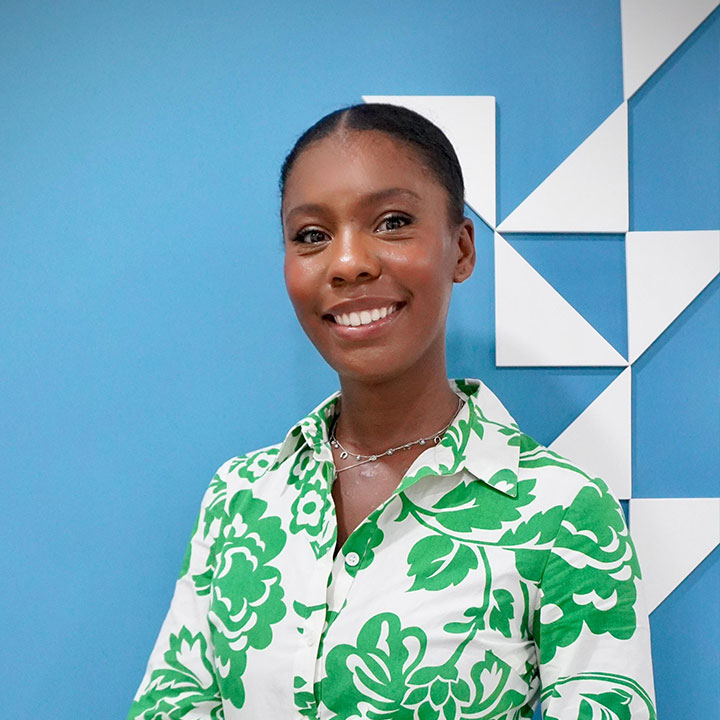
Aisa Riley
Speech & Language Therapist

Alliyah Butt
Speech & Language Therapist

Alyson Cunanan
Speech & Language Therapist

Azadeh Shafie
Speech & Language Therapist
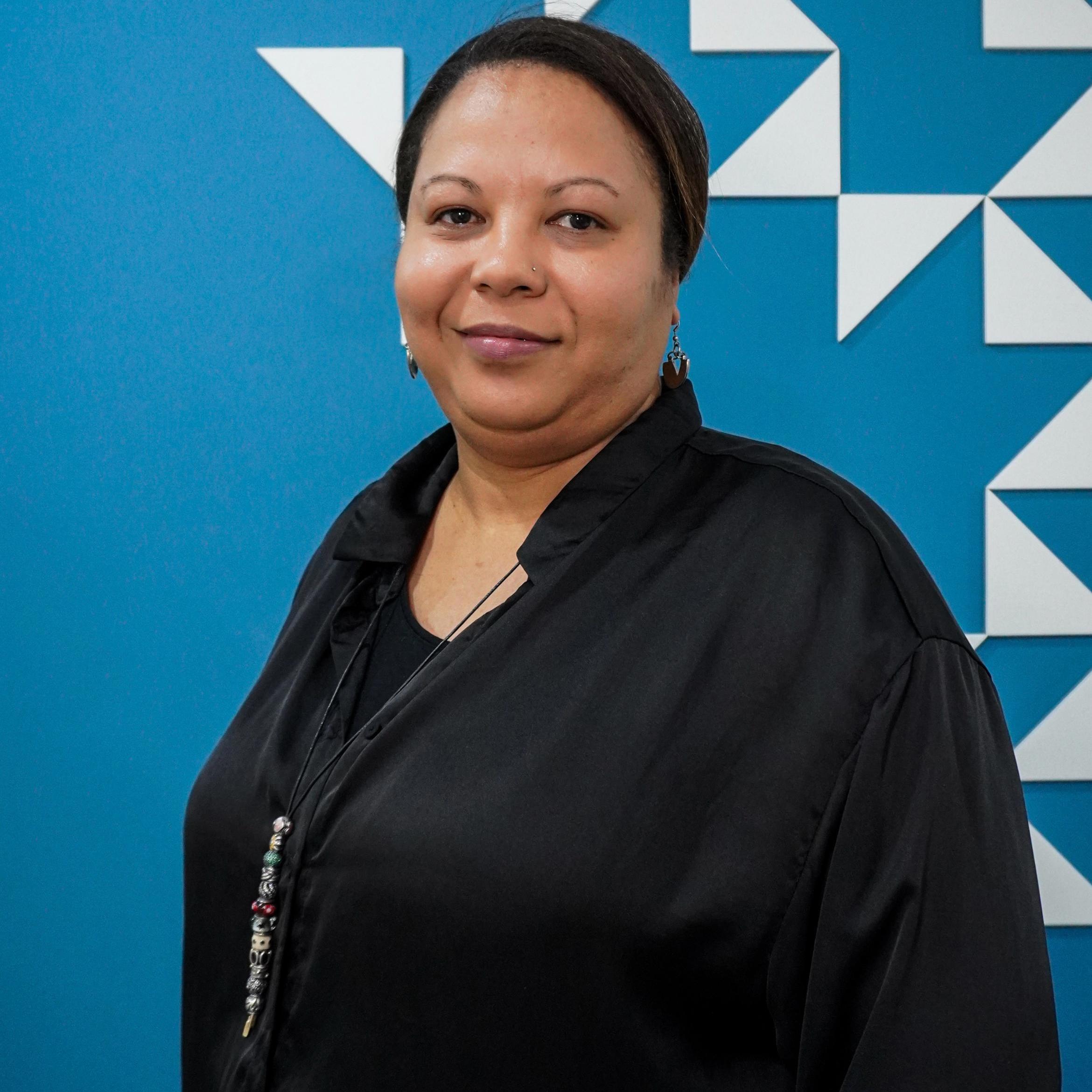
Barbara Davids
Speech & Language Therapist
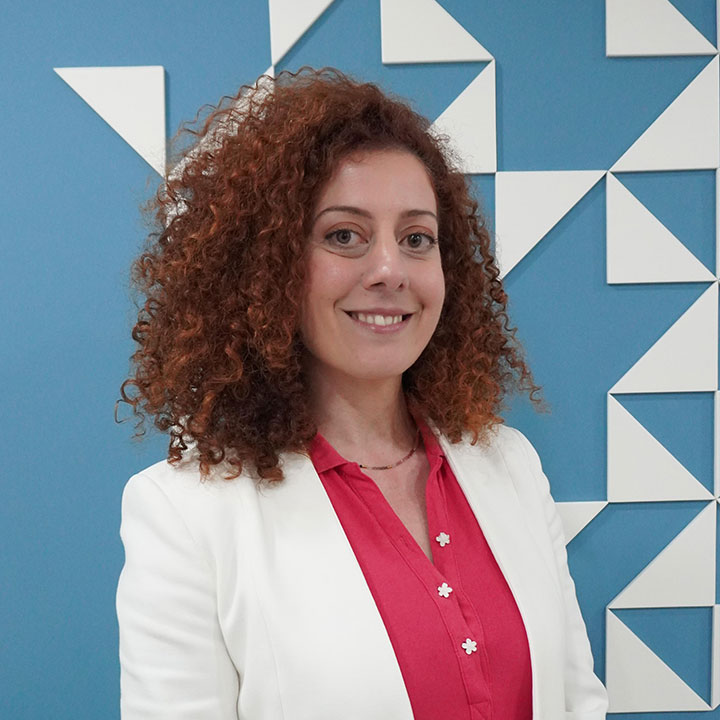
Nancy Najm
Speech & Language Therapist
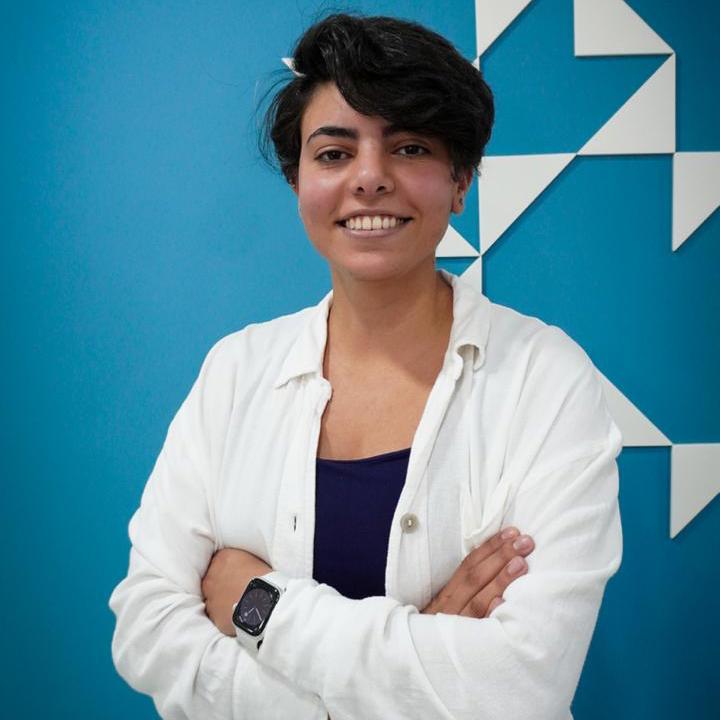
Nour Jahan Hamzeh
Speech & Language Therapist
FAQ's About Speech and Language Therapy
How do I know if my child needs speech therapy?
If your child has difficulty with pronunciation, understanding language, forming sentences, or social communication, speech therapy may help. A speech therapist can assess their needs and create a plan to support their development.
What happens in a speech therapy session?
Sessions are designed to be Open Sansactive and engaging, using play-based and structured activities to improve speech clarity, language skills, and communication. Therapy may include games, storytelling, or exercises tailored to your child’s specific goals.
How long does speech therapy take?
Every child progresses at their own pace. Some children need short-term support, while others benefit from ongoing therapy. Our therapists track progress closely and adjust therapy as needed to ensure meaningful improvements.
Can speech therapy help with social skills?
Yes! In addition to speech and language development, therapy can support social communication skills, including conversation, turn-taking, and understanding social cues. This is especially beneficial for children who struggle with social Open Sansaction.
Will speech therapy help my child at school?
Absolutely! Speech therapy enhances communication skills, which are essential for participating in class, making friends, and expressing ideas. We also collaborate with teachers to provide strategies that support communication in the school environment.
What is the first step to speak with a speech therapist and get my child support?
Click the Talk to Us button, and our expert team will explain the process, answer your concerns, and help you take the right steps toward supporting your child’s communication development. We’ll be with you every step of the way.
Occupational therapy helps people of all ages develop the skills they need to participate fully in daily life—at home, at school, at work, and in the community.
For children and adolescents, this means building the foundation for learning, independence, and emotional development. Childhood is full of important occupations: Can your child hold a pencil? Listen to the teacher? Kick a football? Make a friend? Tie their shoes? These everyday tasks are the building blocks of future success.
If something is holding your child back—whether it’s motor coordination, sensory processing, attention, or self-care skills—occupational therapy can help. Our expert therapists work closely with families to create personalized, evidence-based therapy plans that support each child’s unique strengths and challenges, helping them gain confidence and independence in the activities that matter most.
We also support adults and young adults experiencing challenges with focus, sensory regulation, emotional wellbeing, motor coordination, and executive functioning—whether due to a diagnosed condition or ongoing difficulties with daily routines. With the right approach, individuals can improve how they manage work, relationships, and personal care.
Our goal is to help people of all ages engage in life with more ease, purpose, and confidence.
Occupational Therapy services we offer:
- Comprehensive Assessments: In-depth evaluations to understand motor, sensory, and functional abilities across ages. Each assessment includes a detailed list of practical recommendations tailored to real-life needs.
- Individual Therapy Sessions: One-on-one sessions designed to help individuals reach milestones and develop everyday skills in a supportive, structured environment..
- Home Programs: Targeted activities and exercises to reinforce therapy goals between sessions, extending progress into real-world settings.
- Parent Coaching & Training: Practical guidance and education to empower parents and caregivers to support development confidently and consistently.
- School & Community Support: For children and teens, we work closely with educators and school staff to integrate therapy into classroom routines. For adults, we offer strategies to manage responsibilities at work, home, and in social settings.
Occupational Therapy Specialists
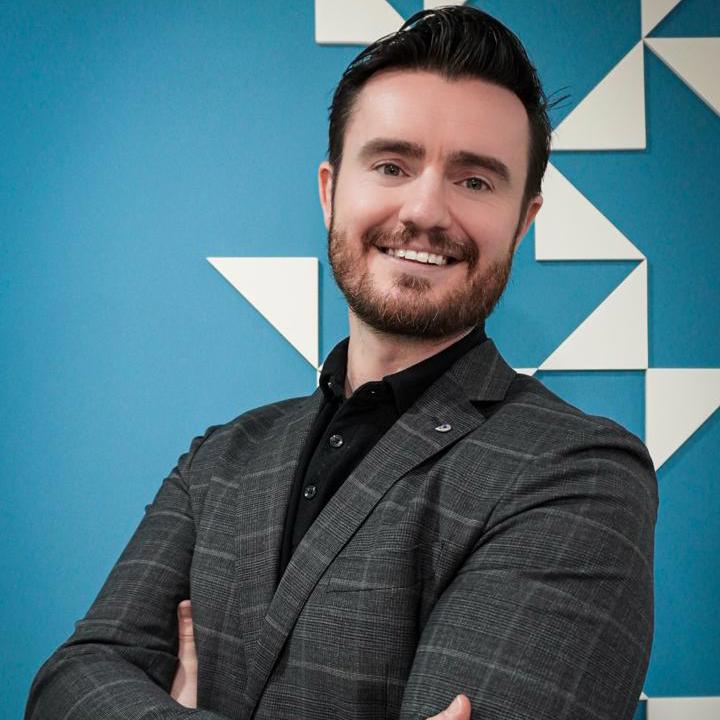
Adam Griffin
Occupational Therapist
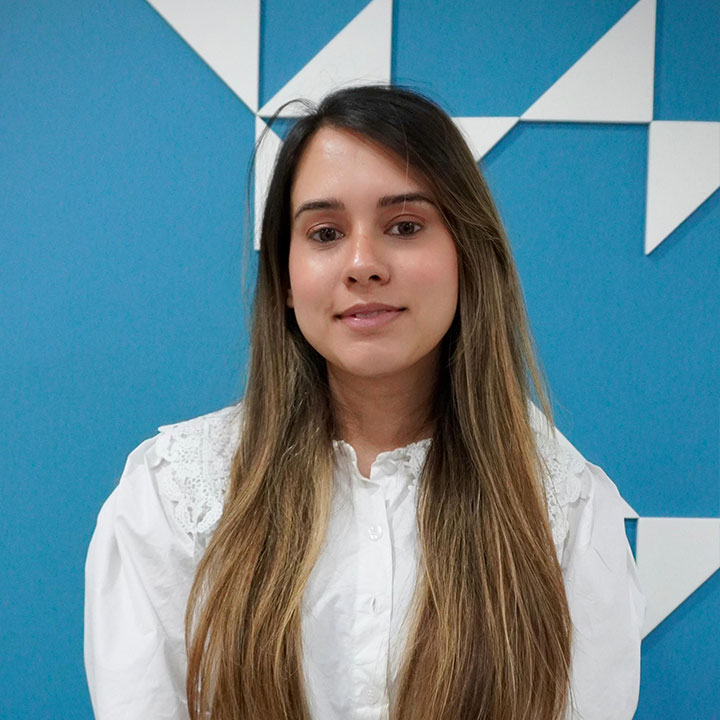
Atiyyah Ghanchi
Occupational Therapist
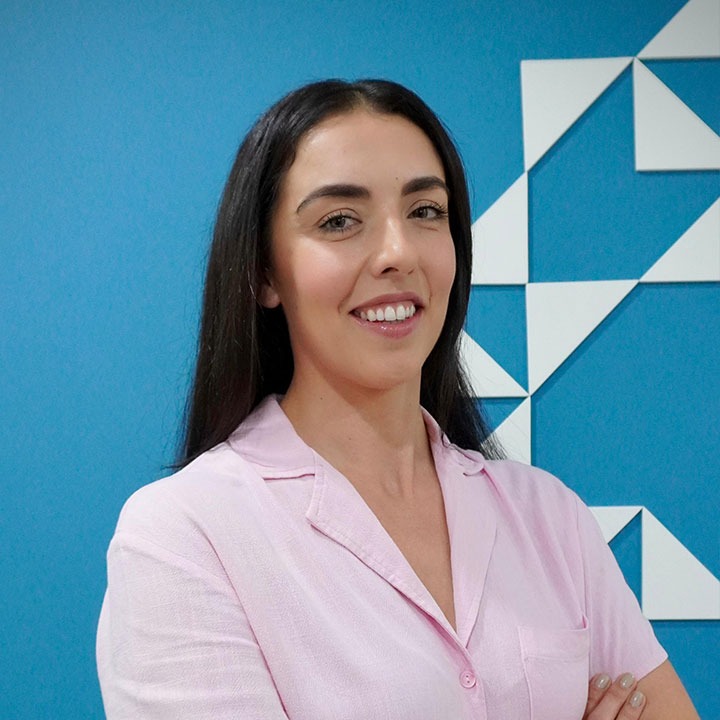
Ellie Barrett
Occupational Therapist
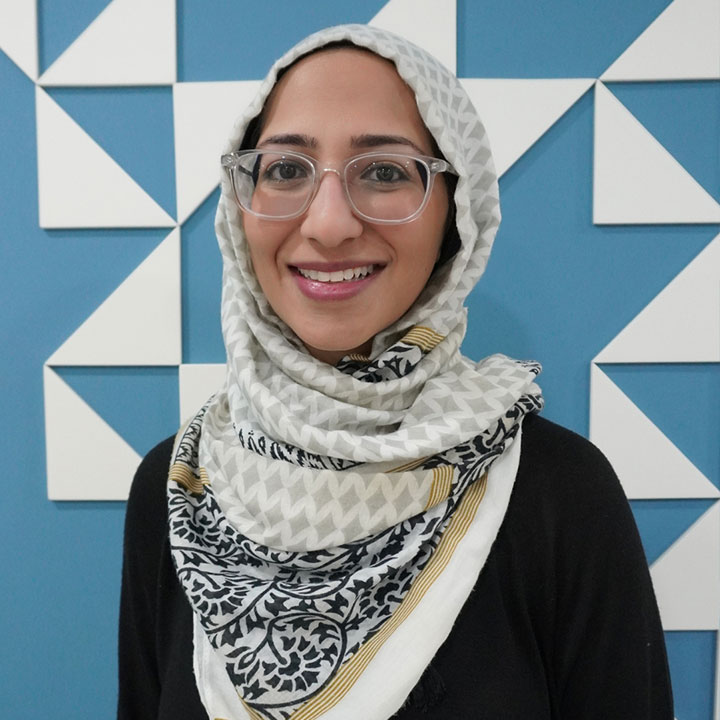
Fathema Hasham
Occupational Therapist
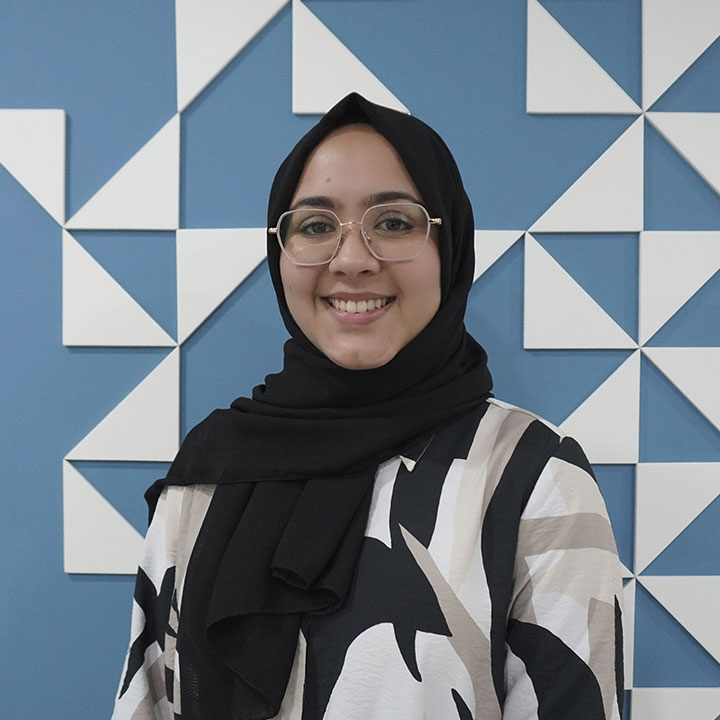
Ibtisam Jeraj
Occupational Therapist
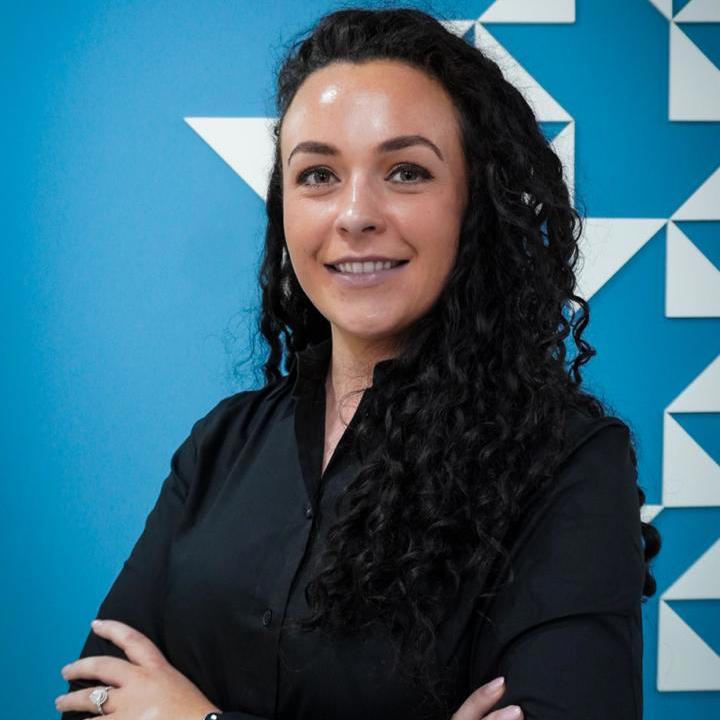
Laura O'Donnell Donohoe
Occupational Therapist
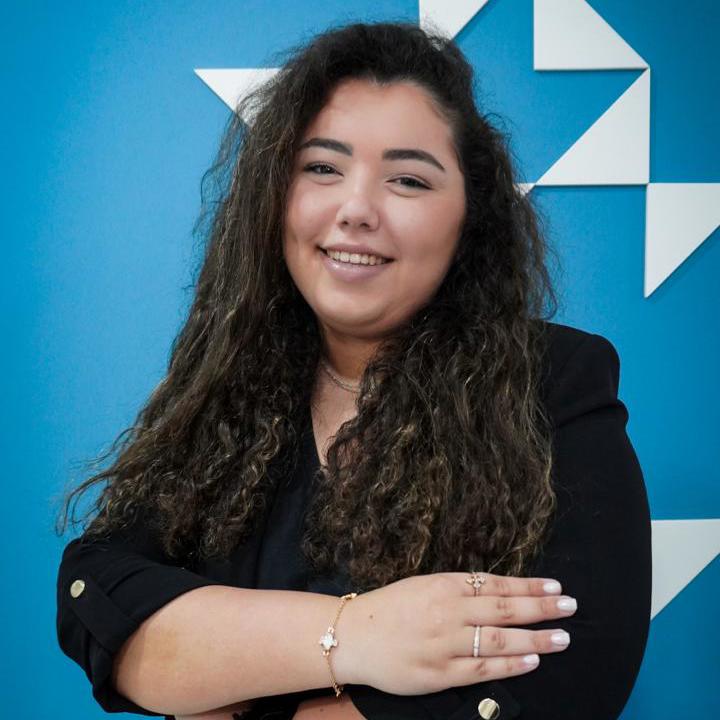
Mary Jo Smayra
Occupational Therapist
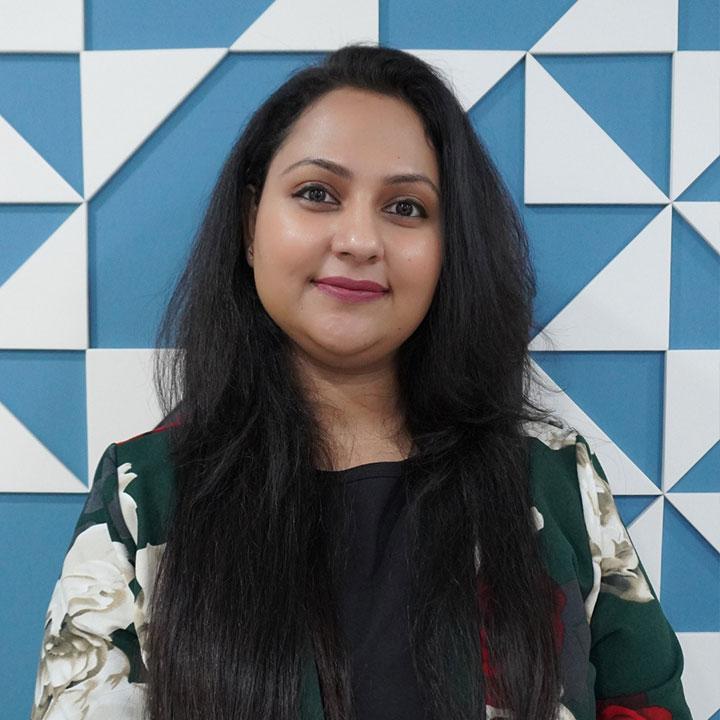
Tamanna Bhardwaj
Occupational Therapist
FAQ's About Occupational Therapy
What is occupational therapy, and how can it help my child?
Occupational therapy helps children develop the skills they need for everyday life, including fine and gross motor skills, self-regulation, sensory processing, and independence in daily activities. Our therapists use engaging, play-based techniques to build confidence and support meaningful progress at home, school, and in the community.
How do I know if my child needs occupational therapy?
If your child struggles with motor coordination, handwriting, sensory sensitivities, self-care tasks (like dressing or using utensils), or regulating emotions and attention, OT may help. A consultation with our team can determine if therapy would benefit your child’s development.
What happens in an OT session?
Every session is tailored to your child’s needs. Therapy may include fun and structured activities to improve coordination, sensory processing, motor skills, and independence. Our goal is to make therapy enjoyable and empowering while addressing real-world challenges.
How long will my child need occupational therapy?
The length of therapy depends on your child’s needs and progress. Some children benefit from short-term support, while others may need longer-term therapy. We work closely with families to set goals and regularly review progress to ensure the best outcomes.
Will speech therapy help my child at school?
Absolutely! Speech therapy enhances communication skills, which are essential for participating in class, making friends, and expressing ideas. We also collaborate with teachers to provide strategies that support communication in the school environment.
What is the first step to speak with a SLT or Speech Therapist and get my child support?
Click the Talk to Us button, and our experienced specialists will guide you through the process, answer your questions, and help you take the next steps toward the right support for your child. We’re here to make the journey simple and stress-free.
Educational Psychology specializes in understanding how children and adolescents learn, with a focus on identifying and supporting learning difficulties, attention challenges, and cognitive processing issues. Educational psychologists perform personalized assessments and Open Sansventions that meet each child's unique educational needs. They work in partnership with Neuropsychologists, Clinical Psychologists, Occupational Therapists, Speech Therapists, families and schools to ensure children receive the support they need to reach their full potential in the classroom and beyond.
Educational psychology services we offer:
- Psychoeducational Assessments: Screening assessments to identify learning difficulties or attention problems.
- Advanced Diagnostic Assessments: Carried out by Neuropsychologists in diagnosing ADHD, autism or other types of cognitive or behavioral deficits.
- Individualized Support Plans: Personalized educational plan designed to support learning challenges, including attention difficulties and cognitive processing issues.
- School Consultations: Collaborating with the educational team to implement strategies that help children succeed in the classroom, ensuring accommodations and modifications are aligned with your child's learning profile.
- Parental Guidance: Ongoing support for parents, helping them better understand their children's learning challenges and how to support their educational development at home.
Educational Psychology Specialists

Dr. Alexandre Machado
Clinical Neuropsychology
FAQ's About Educational Psychology
What is educational psychology, and how can it help my child?
Educational psychologists assess and support children experiencing learning, behavioral, or social difficulties at school. They work closely with families and educators to develop strategies that help children reach their full potential.
How do I know if my child needs to see an educational psychologist?
If your child struggles with reading, writing, attention, motivation, or adapting to school expectations, an educational psychologist can help identify learning needs and provide tailored recommendations.
What happens in an educational psychology assessment?
Assessments typically include observations, standardized tests, and discussions with parents and teachers. These help identify learning styles, strengths, and challenges, leading to practical strategies to support success in school.
Can an educational psychologist diagnose learning difficulties?
Yes. Our Educational psychologists work in collaboration with our Neuropsychologist to apply the latest, evidence based assessment tools to assess for conditions like dyslexia, ADHD, and processing difficulties. They provide clear, practical recommendations to help your child thrive academically and emotionally.
What is the first step to speak with an educational psychologist?
Click the Talk to Us button, and our team will walk you through the process. We’ll discuss your concerns and connect you with an expert who can assess and support your child’s learning journey.
Psychiatry is about helping people take care of their mental health, whether they are going through emotional challenges, struggling with everyday stress, or living with long-term conditions. Our psychiatrists bring together medical knowledge and a caring approach to create treatment plans that fit each person’s unique needs. These plans may include talking therapies, lifestyle guidance, and when needed, safe and effective use of medication.
We believe that mental health care works best when it’s connected and supportive. That’s why our psychiatrists work closely with psychologists, therapists, and families to make sure every individual receives holistic care that supports both their mind and overall wellbeing.
Our Psychiatry Services Include:
- Comprehensive Evaluations: In-depth assessments to understand your mental health needs.
- Medication Management: Careful use and monitoring of medications to ensure safety and effectiveness.
- Therapy Integration: Combining medical treatment with psychotherapy for better outcomes.
- Mood & Anxiety Support: Specialized care for depression, bipolar disorder, anxiety, panic, and related conditions.
- Psychotic Disorder Care: Compassionate support for schizophrenia, schizoaffective disorder, and similar conditions.
- Addiction Support: Medical and therapeutic approaches to help manage and recover from substance use.
- Crisis Care: Immediate support during urgent mental health situations.
- Collaborative Care: Ongoing teamwork with other professionals and families to provide long-term support.
Psychiatry Specialists
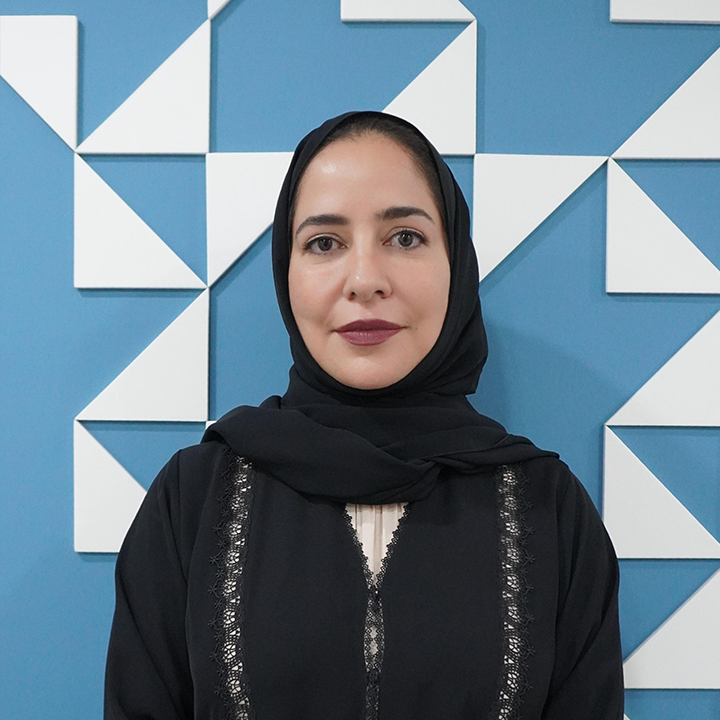
Dr Leena Amiri
Consultant psychiatrist
FAQ's About Psychiatry
What is educational psychology, and how can it help my child?
Educational psychologists assess and support children experiencing learning, behavioral, or social difficulties at school. They work closely with families and educators to develop strategies that help children reach their full potential.
How do I know if my child needs to see an educational psychologist?
If your child struggles with reading, writing, attention, motivation, or adapting to school expectations, an educational psychologist can help identify learning needs and provide tailored recommendations.
What happens in an educational psychology assessment?
Assessments typically include observations, standardized tests, and discussions with parents and teachers. These help identify learning styles, strengths, and challenges, leading to practical strategies to support success in school.
Can an educational psychologist diagnose learning difficulties?
Yes. Our Educational psychologists work in collaboration with our Neuropsychologist to apply the latest, evidence based assessment tools to assess for conditions like dyslexia, ADHD, and processing difficulties. They provide clear, practical recommendations to help your child thrive academically and emotionally.
What is the first step to speak with an educational psychologist?
Click the Talk to Us button, and our team will walk you through the process. We’ll discuss your concerns and connect you with an expert who can assess and support your child’s learning journey.
